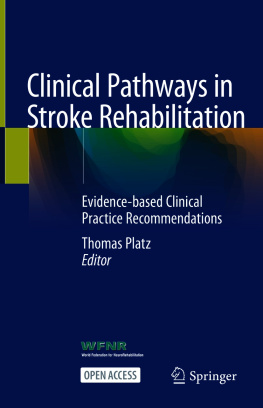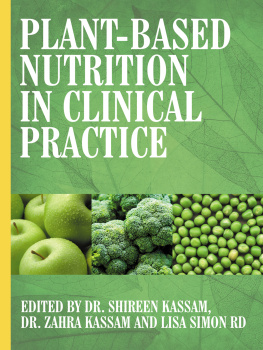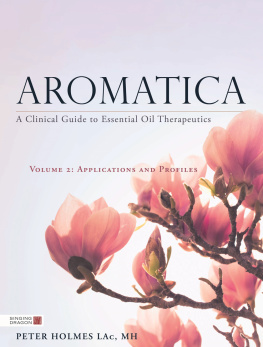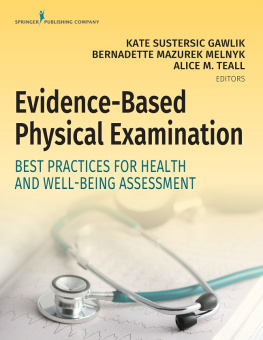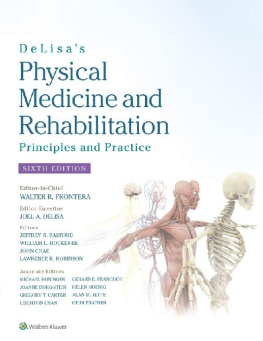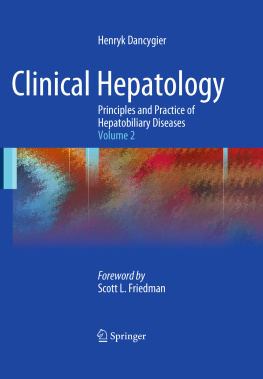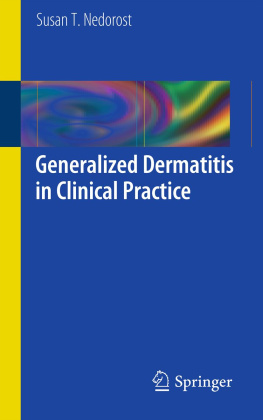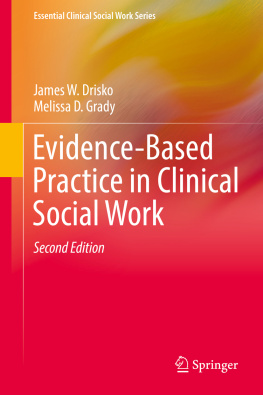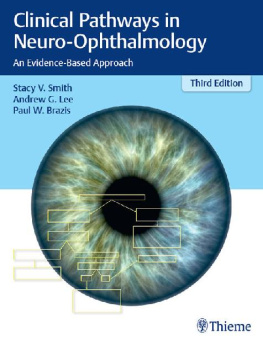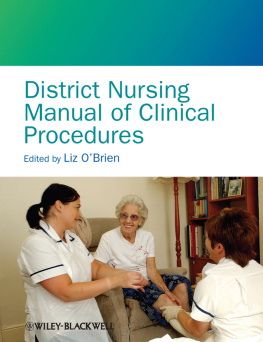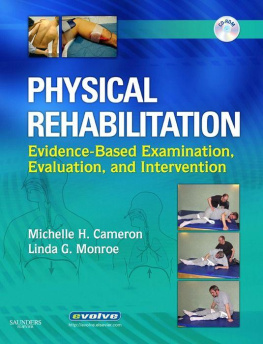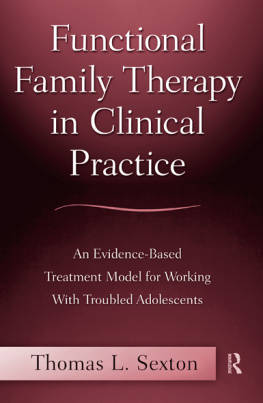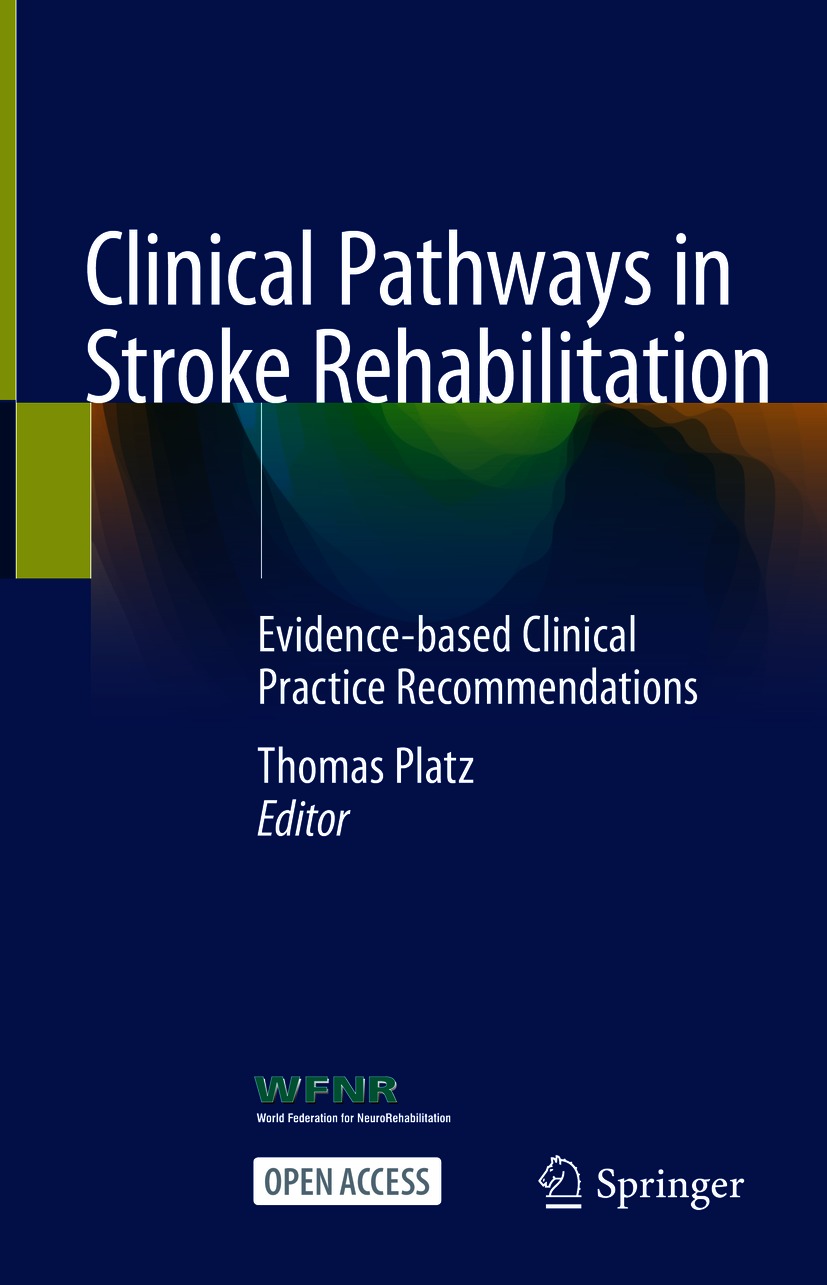Editor
Thomas Platz
Institute for Neurorehabilitation and Evidence-based Practice (An-Institute, University of Greifswald), BDH-Klinik Greifswald, Greifswald, Germany
Neurorehabilitation Research Group, University Medical Centre Greifswald (UMG), Greifswald, Germany
Special Interest Group Clinical Pathways, World Federation Neurorehabilitation (WFNR), North Shields, UK
ISBN 978-3-030-58504-4 e-ISBN 978-3-030-58505-1
https://doi.org/10.1007/978-3-030-58505-1
This book is an open access publication.
The Editor(s) (if applicable) and The Author(s) 2021

Open Access This book is licensed under the terms of the Creative Commons Attribution-NonCommercial-NoDerivatives 4.0 International License ( http://creativecommons.org/licenses/by-nc-nd/4.0/ ), which permits any noncommercial use, sharing, distribution and reproduction in any medium or format, as long as you give appropriate credit to the original author(s) and the source, provide a link to the Creative Commons license and indicate if you modified the licensed material. You do not have permission under this license to share adapted material derived from this book or parts of it.
The images or other third party material in this book are included in the book's Creative Commons license, unless indicated otherwise in a credit line to the material. If material is not included in the book's Creative Commons license and your intended use is not permitted by statutory regulation or exceeds the permitted use, you will need to obtain permission directly from the copyright holder.
This work is subject to copyright. All commercial rights are reserved by the author(s), whether the whole or part of the material is concerned, specifically the rights of translation, reprinting, reuse of illustrations, recitation, broadcasting, reproduction on microfilms or in any other physical way, and transmission or information storage and retrieval, electronic adaptation, computer software, or by similar or dissimilar methodology now known or hereafter developed. Regarding these commercial rights a non-exclusive license has been granted to the publisher.
The use of general descriptive names, registered names, trademarks, service marks, etc. in this publication does not imply, even in the absence of a specific statement, that such names are exempt from the relevant protective laws and regulations and therefore free for general use.
The publisher, the authors, and the editors are safe to assume that the advice and information in this book are believed to be true and accurate at the date of publication. Neither the publisher nor the authors or the editors give a warranty, expressed or implied, with respect to the material contained herein or for any errors or omissions that may have been made. The publisher remains neutral with regard to jurisdictional claims in published maps and institutional affiliations.
This Springer imprint is published by the registered company Springer Nature Switzerland AG
The registered company address is: Gewerbestrasse 11, 6330 Cham, Switzerland
This book is dedicated to all stroke survivors in need of rehabilitation to combat impairments and activity limitations and promote a life after stroke with the least possible stroke-related disability and the greatest possible autonomy and quality of life. In addition, it is there to support all health care professionals involved in stroke rehabilitation by providing guidance for their clinical decision-making in the best interest of those they are taking care of.
Preface
Brain injury caused by stroke is a leading cause of disability with a tendency for an increasing societal burden of stroke-related disability globally. At the same time, our knowledge about effective rehabilitation treatment is rapidly increasing as indicated by the multitude of clinical trials, systematic reviews and meta-analyses being published. For the individual health care professionals involved in stroke rehabilitation, it is hardly possible to keep track with the evolution of clinical evidence and hence there is a risk for an increasing gap between the state of the art in clinical stroke rehabilitation research and clinical practice and decision-making.
Guidelines help to bridge this gap, if systematically evidence-based. Usually written for a specific (national) background they are, however, frequently not readily applicable to other health care situations limiting their usefulness elsewhere.
The authors of this book, mainly coming from the various Special Interest Groups of the World Federation for NeuroRehabilitation (WFNR) with a multidisciplinary and regionally diverse background, had a different goal: the development of international evidence-based stroke practice recommendations that focus on the link between evidence and clinical decision-making related to rehabilitation therapy rather than issues related to or being dependent on organisational issues.
As a consequence, the evidence-based practice recommendations that had been developed with an international perspective can be applied globally for clinical decision-making in stroke rehabilitation. In addition, the knowledge provided can be used in very different health care situations to further structure and adapt regional or local stroke rehabilitation pathways. Last but not least, by providing clinical orientation the practice recommendations can support service development in a way that will eventually achieve effective stroke rehabilitation in areas with limited services so far.
The international practice recommendations for stroke rehabilitation developed by the WFNR are published open access with this book supporting their accessibility and dissemination. May they help to promote effective stroke rehabilitation for those in need.
Thomas Platz
Greifwald, Germany
December 2020
Acknowledgements
All authors dedicated their time and effort to collectively provide evidence-based guidance for clinical decision-making in stroke rehabilitation. In addition, they provided peer review for the other chapters of this book as did the feedback panel members (for reference see Table 1 in Chap. ). All these contributions are gratefully acknowledged.
The World Federation for NeuroRehabilitation (WFNR) sponsored this book project and made it possible to be published as an open access book. This will largely facilitate its distribution and availability quite independent of financial resources of potential users.
Contents
Eddie Kane and Nick S. Ward
Thomas Platz and Mayowa Owolabi

